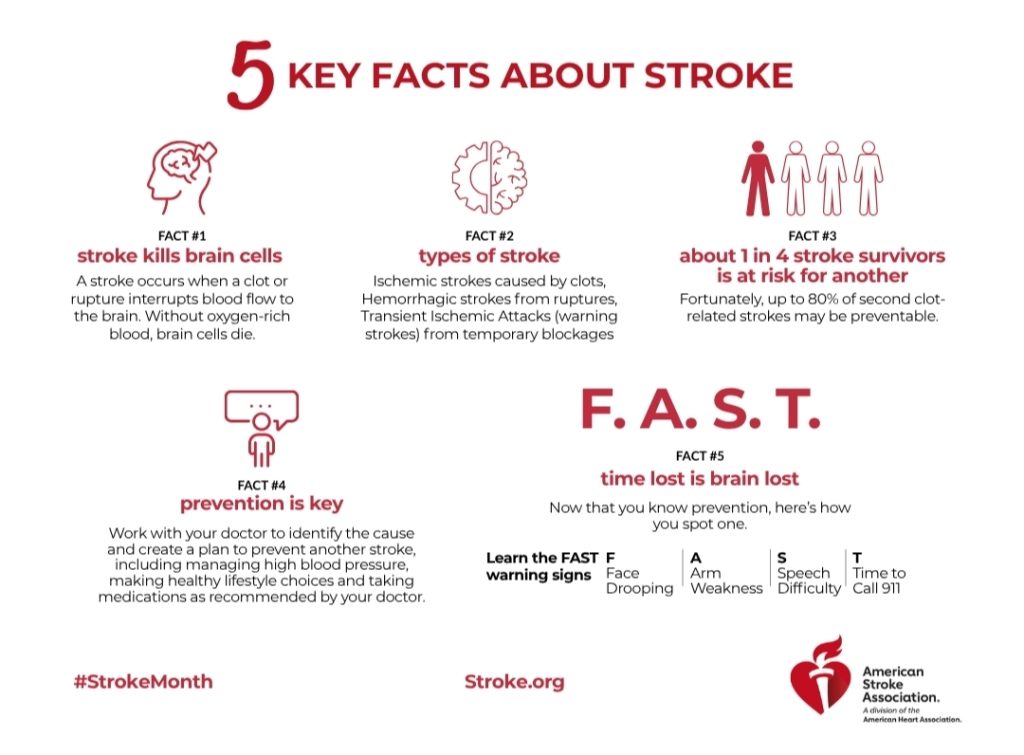Have you ever experienced brain fog, where you’re struggling to concentrate or remember things, and you’re just not thinking clearly? Whether it’s at 9 am on a Monday or while you’re experiencing a mental slump, that feeling of sluggishness in our brains is something that many are familiar with.
It’s natural for our brain function to slow down as we age, but that doesn’t mean there isn’t anything we can do to train our brains and improve our mental fitness. In honor of National Train Your Brain Day on October 13, here are six mental exercises that you can put your brain through to improve your cognitive well-being.
1. Learn a new language or how to play a musical instrument
When was the last time you learned how to do something complex, purely for the sake of learning? For many of us, the bulk of our learning stopped when we left the classroom and were more than happy to forget the complex algebra and chemical formulas we would never use again.
But part of keeping your brain young and fit is reintroducing the practice of learning, where you’re challenging your mental muscles to pick up and develop a new, complex skill.
Music and language are great places to start, as they force your brain to learn and implement completely new rules and patterns that you would otherwise never encounter in your daily life.
2. Sign up for dance classes
It’s no secret that physical exercise is great for brain health. But recent research has also found that dancing may actually be more effective than other physical activities at improving your psychological and cognitive well-being.
Dancing is a difficult and complex form of physical exercise. It pushes us out of our comfort zones, where we’re carrying out unfamiliar body movements to the rapid beat of the music.
The challenge of learning a dance sequence also forces us to be more present and mindful of our bodies than other more repetitive exercises, where the movements can feel much more automatic and less intentional.
3. Practice mindfulness
Mindfulness is the cognitive skill of focusing on the present moment, rather than being reactive or overwhelmed.
Research has found that older adults can improve their ability to pay attention through mindfulness – an ability that declines with aging.
So if you’re feeling restless, and your heightened emotions are preventing you from thinking clearly, try to meditate for 10 to 15 minutes, or go on a short walk outside. Take slow, deep breaths. As you’re doing a mindful activity, pay attention to your thoughts and emotions. Allow yourself to observe your current mental, emotional and physical state.
By being actively aware of what you’re feeling without judgment, mindfulness will allow you to let go of your mental burdens and be more engaged with the present.
4. Set some challenging goals
Goal setting actually restructures your brain, creating new neural connections and strengthening existing ones.
The key is to set goals that are actually challenging and can motivate you into action. Studies have found that setting specific and challenging goals helped to drive greater performance than setting easy or ‘do your best’ goals.
So give yourself some important and ambitious goals that you can reasonably achieve within the next few months. List the steps you need to take to reach your goal and set aside time to work on them.
5. Break out of a routine
Routines are great – they give our life structure and certainty. But following a routine also leaves our brain on autopilot and stops us from challenging ourselves to do things differently.
As such, it’s important to break out of mindless routines every now and then.
Take a different route to get to work one morning. If you’re familiar with the neighborhood, turn off your navigation systems and use your memory to figure out how to get to your destination.
Slight tweaks to disrupt the familiar way of doing things can force you to be more present and mentally alert.
6. Socialize with different people
Time spent with friends helps us to stay young and mentally fit. But what’s even more beneficial to your brain health is time spent with people who think differently from you.
These might be people who work in a different industry from yours, people who have very different interests from yours, or people who were raised differently from you.
Take the time to invite discussions that could bring up conflicting opinions and perspectives. While we tend to gravitate more to people who think like us, actively spending time with people who think differently from us can give us new ways of looking at things and expand our creativity.
Her Nexx Chapter invites you to join our free Community where women from around the world are connecting with each other’s stories, exploring different experiences, and transforming ideas.
The Future of Connection for Women








0 Comments